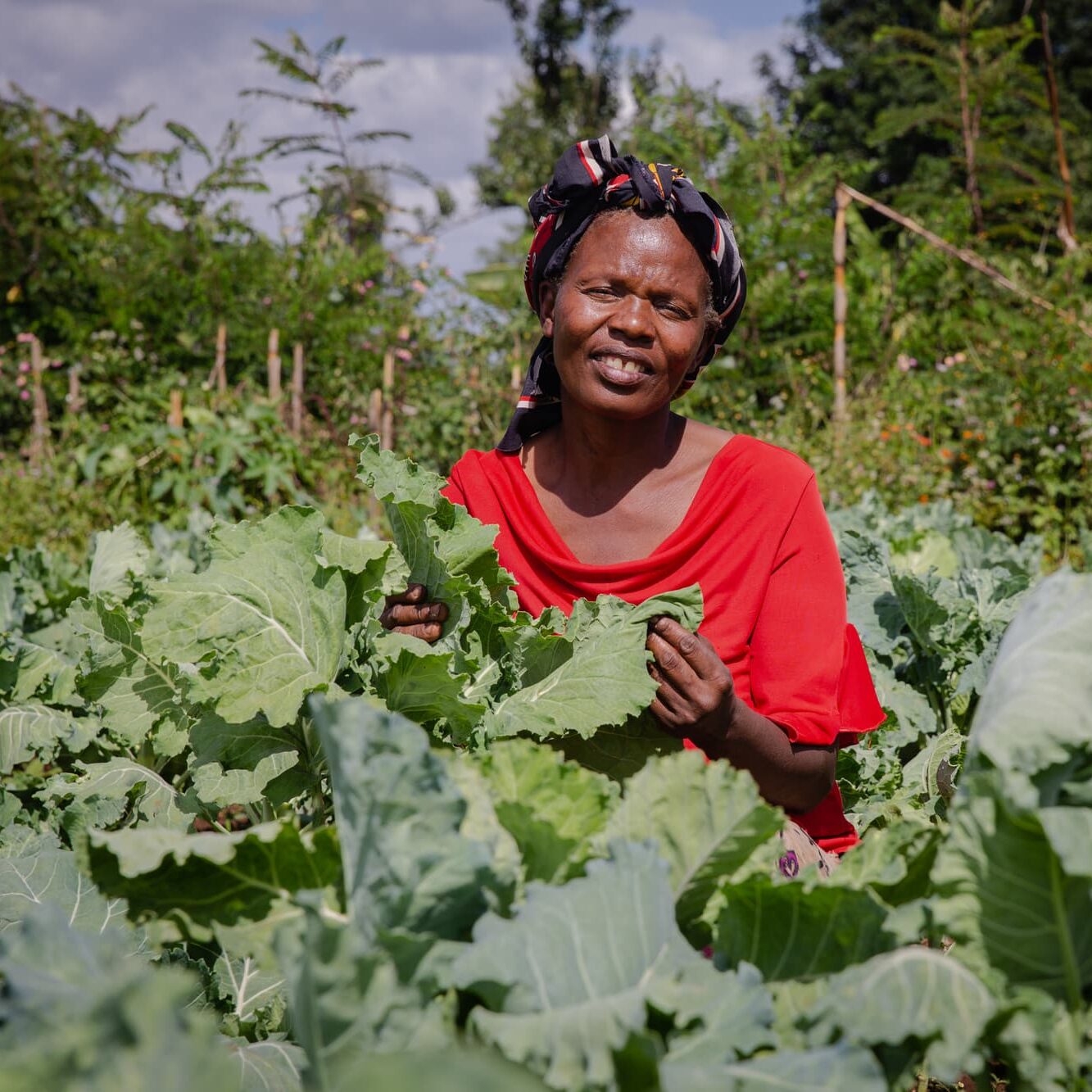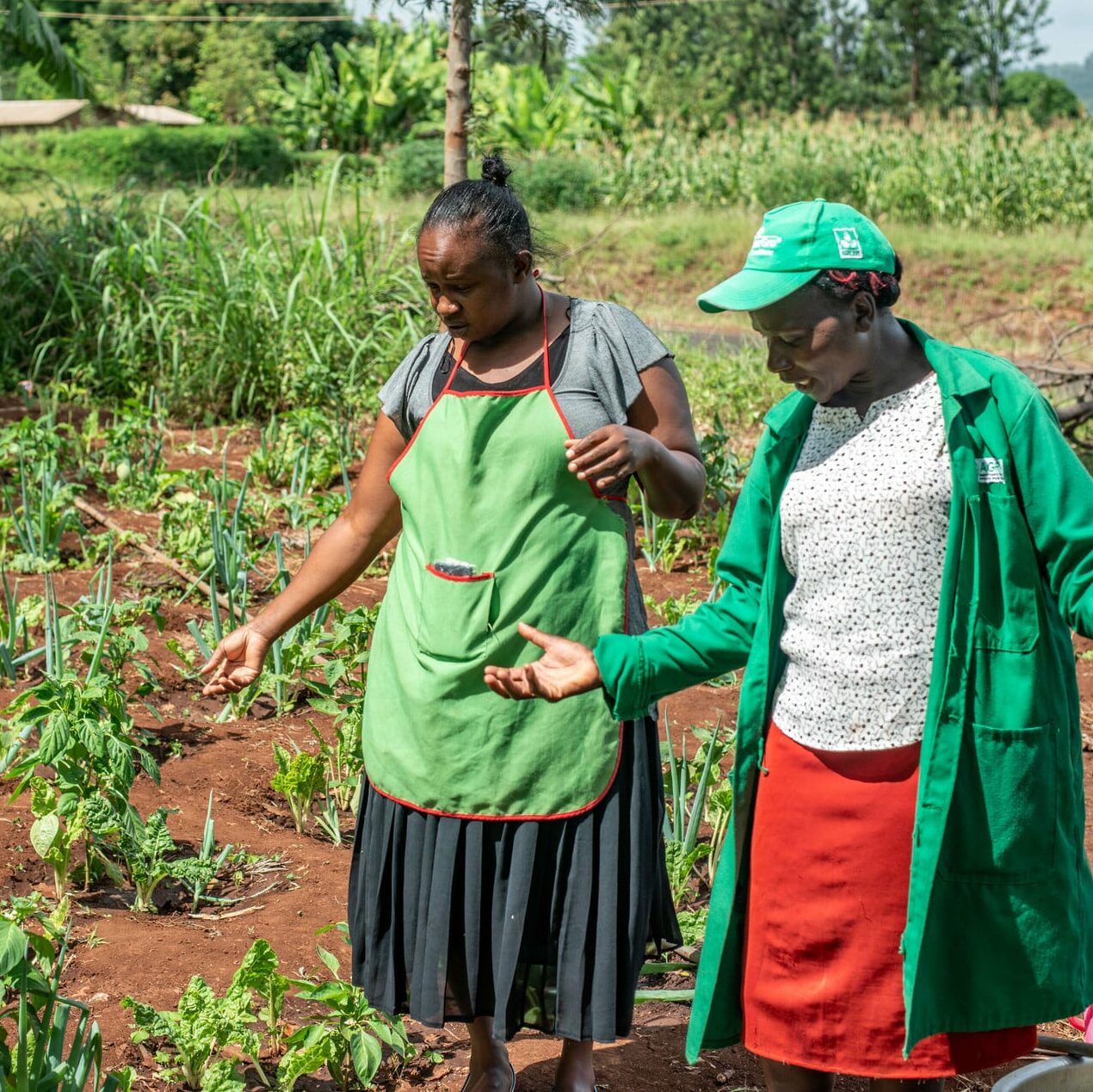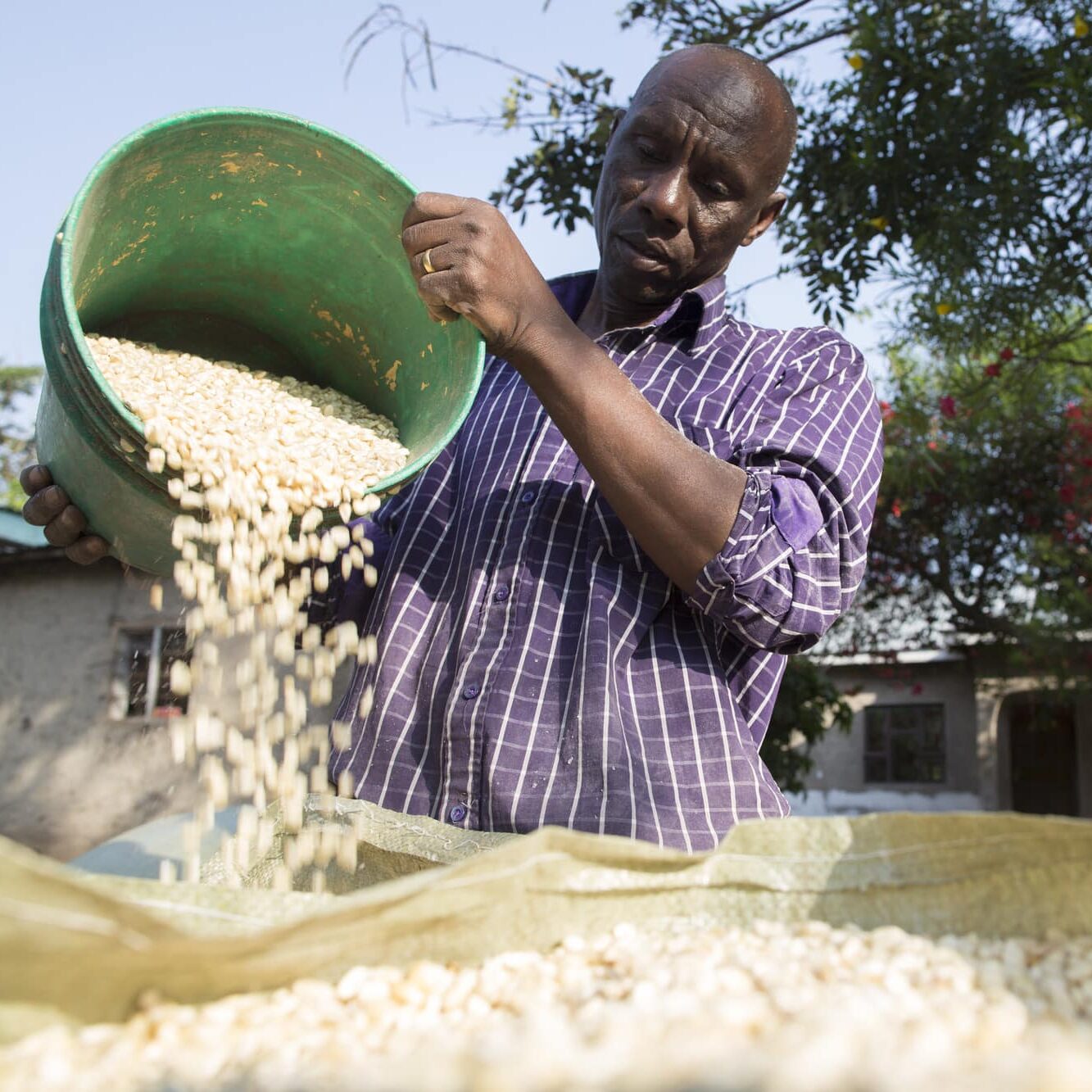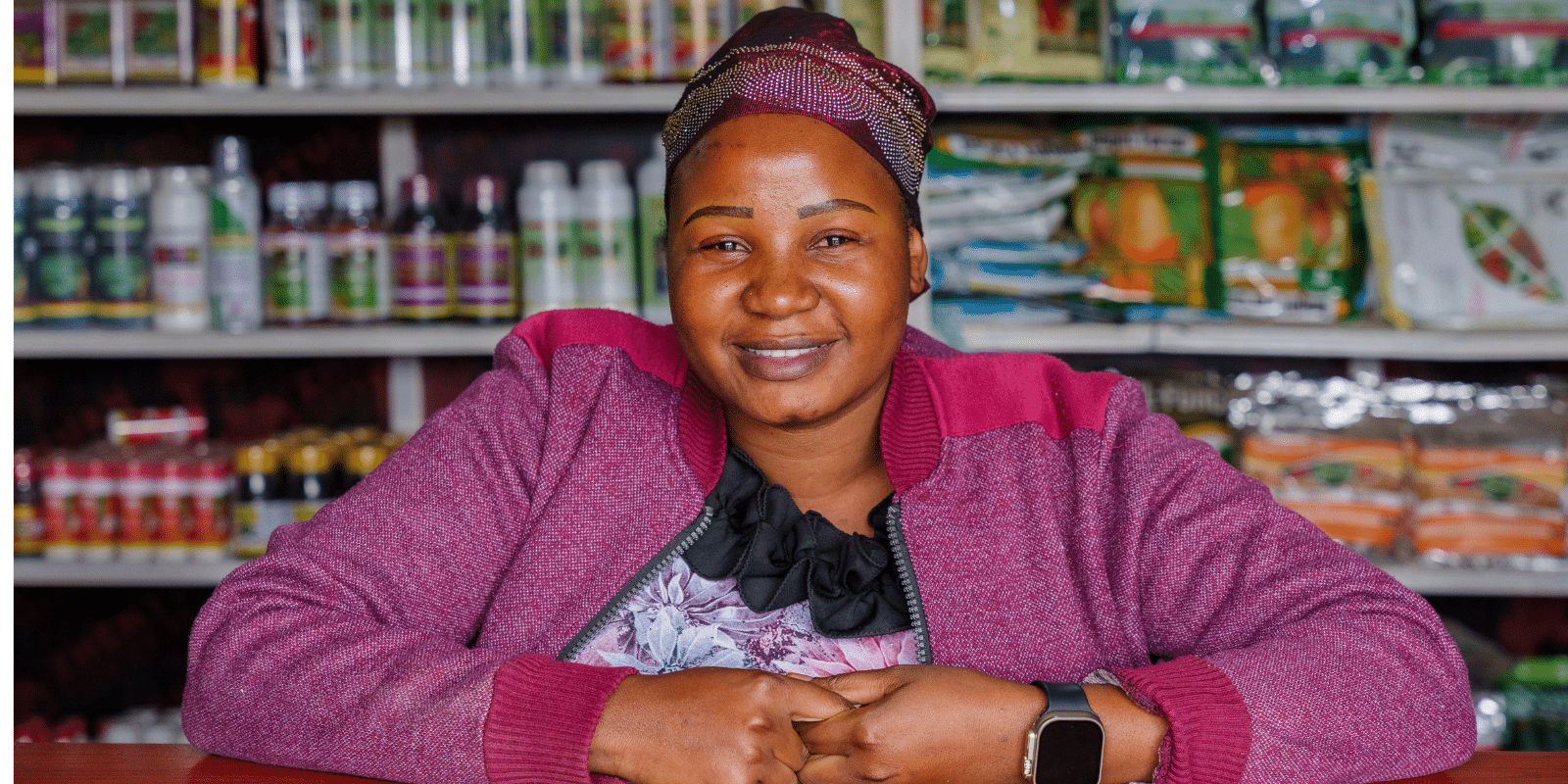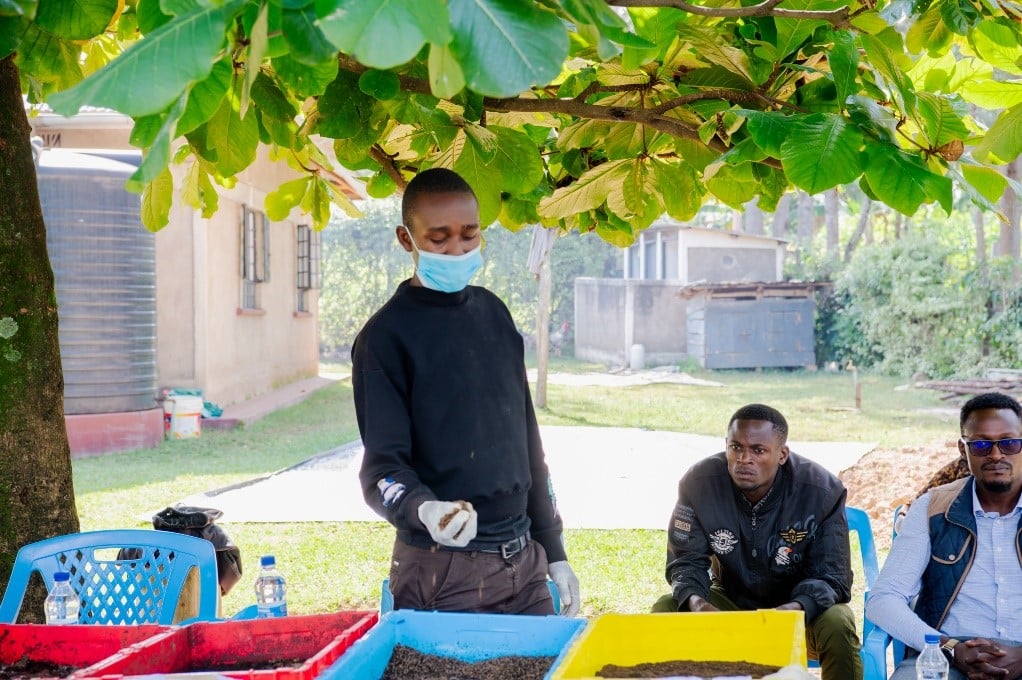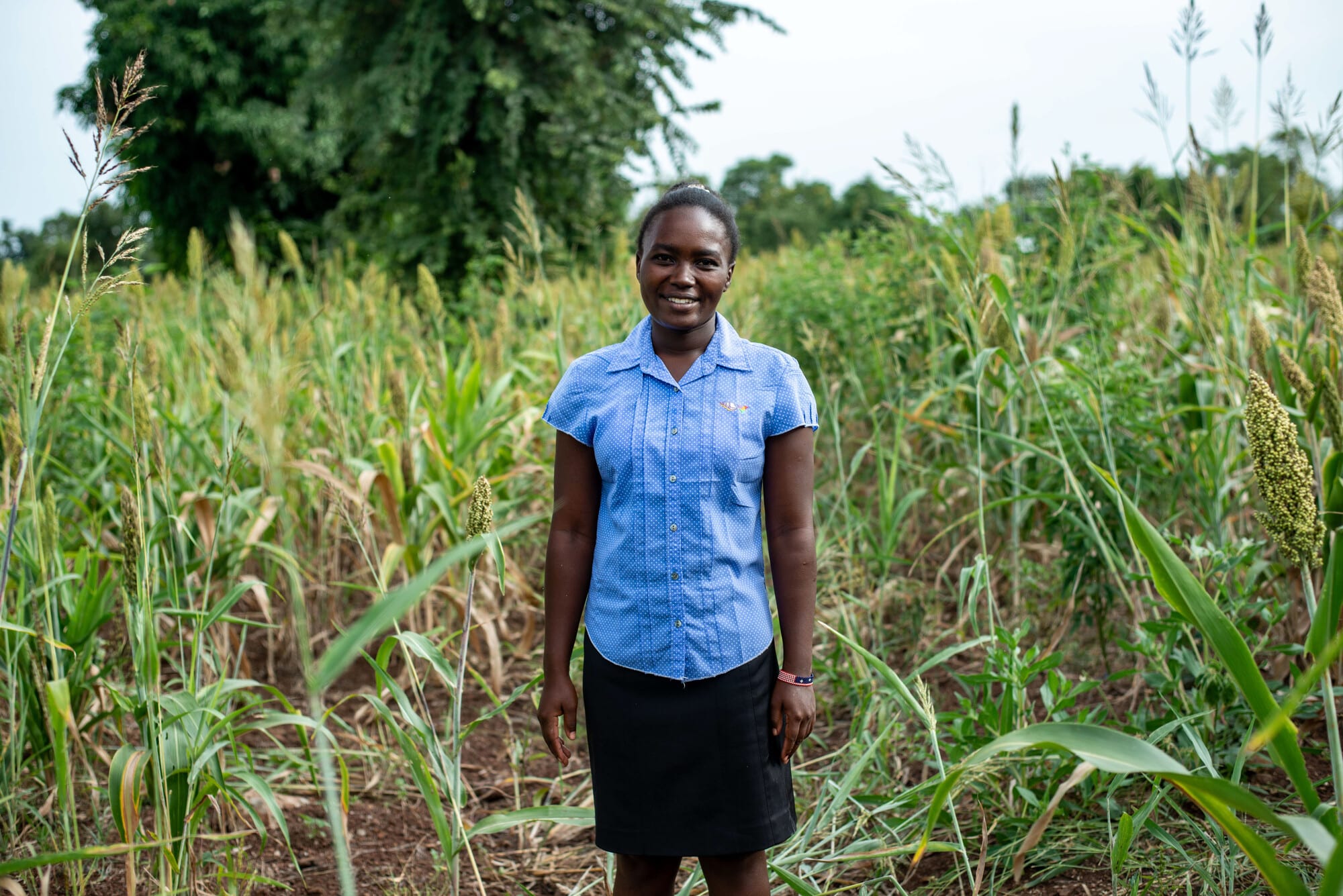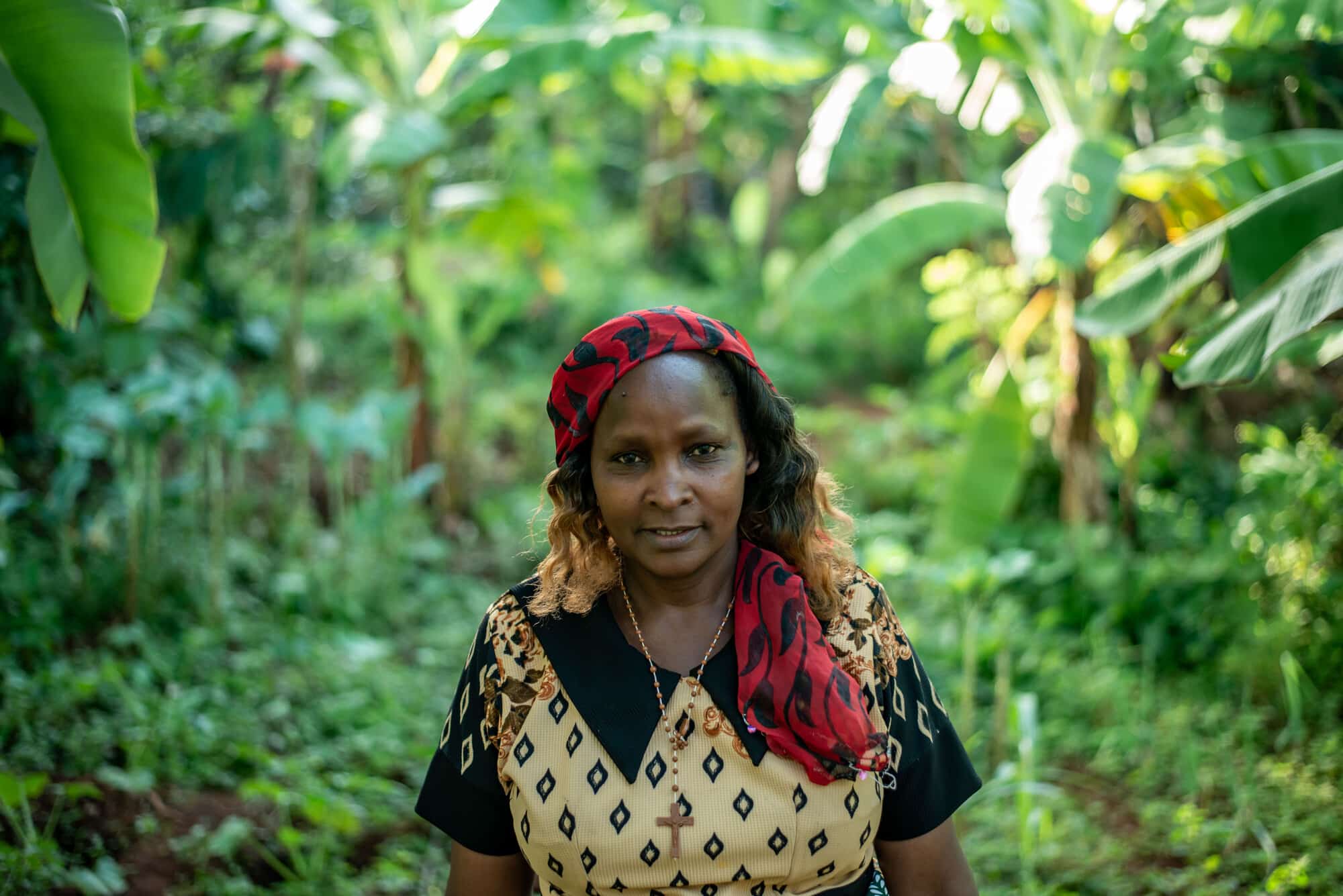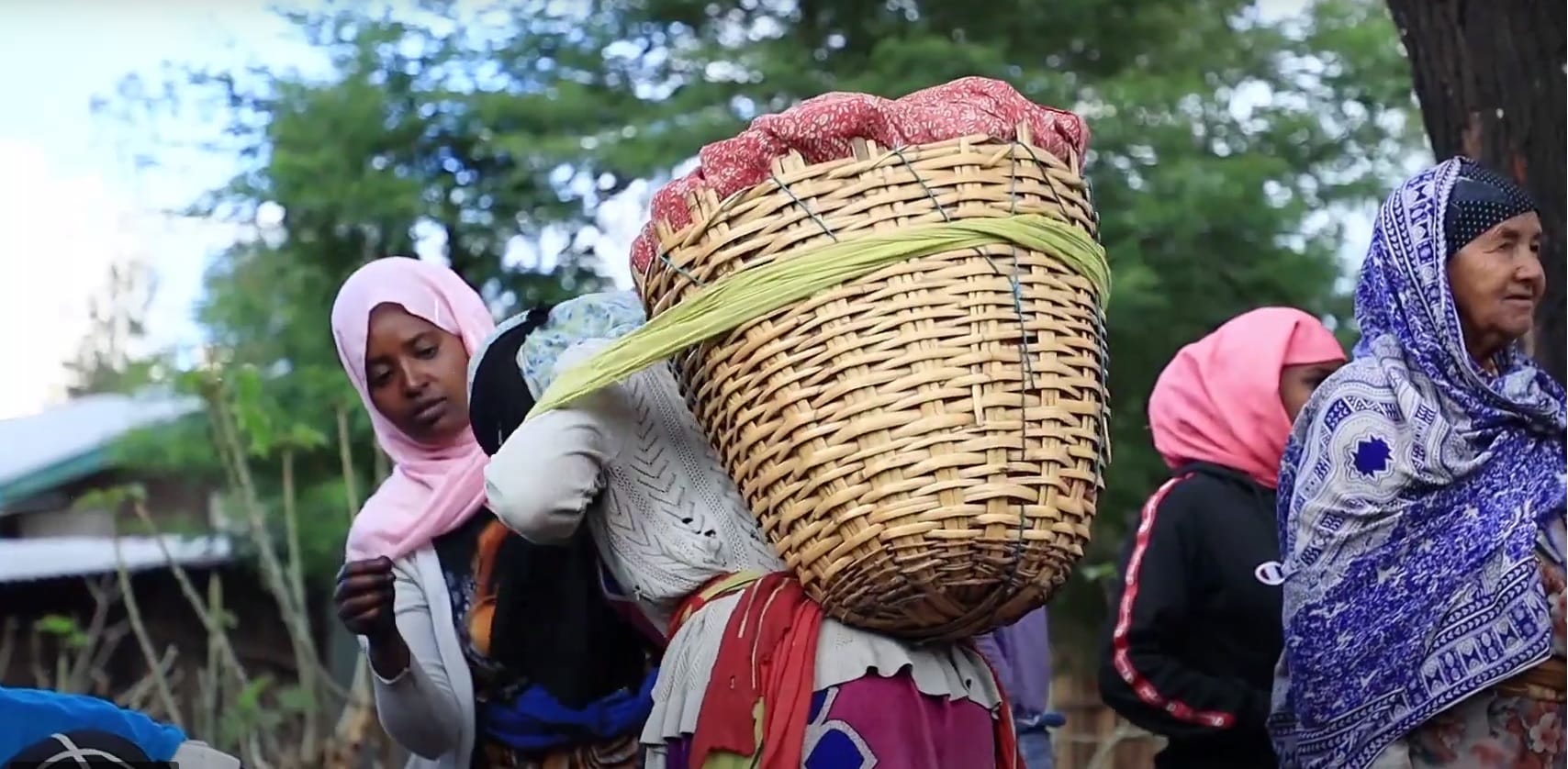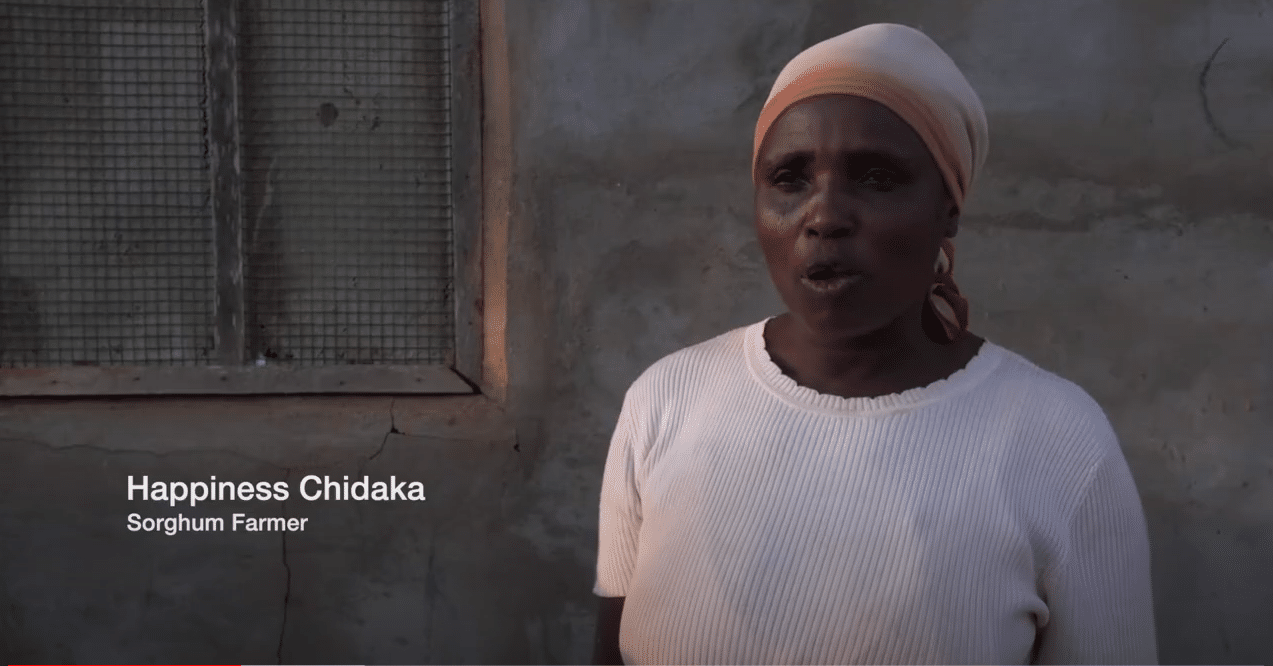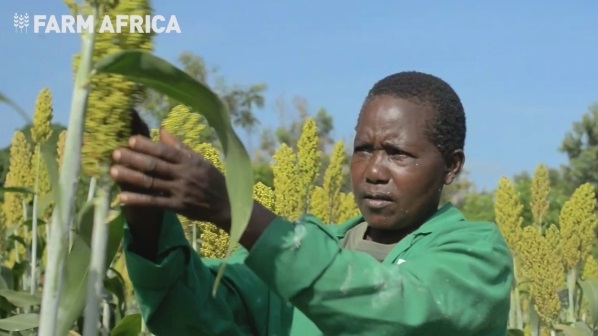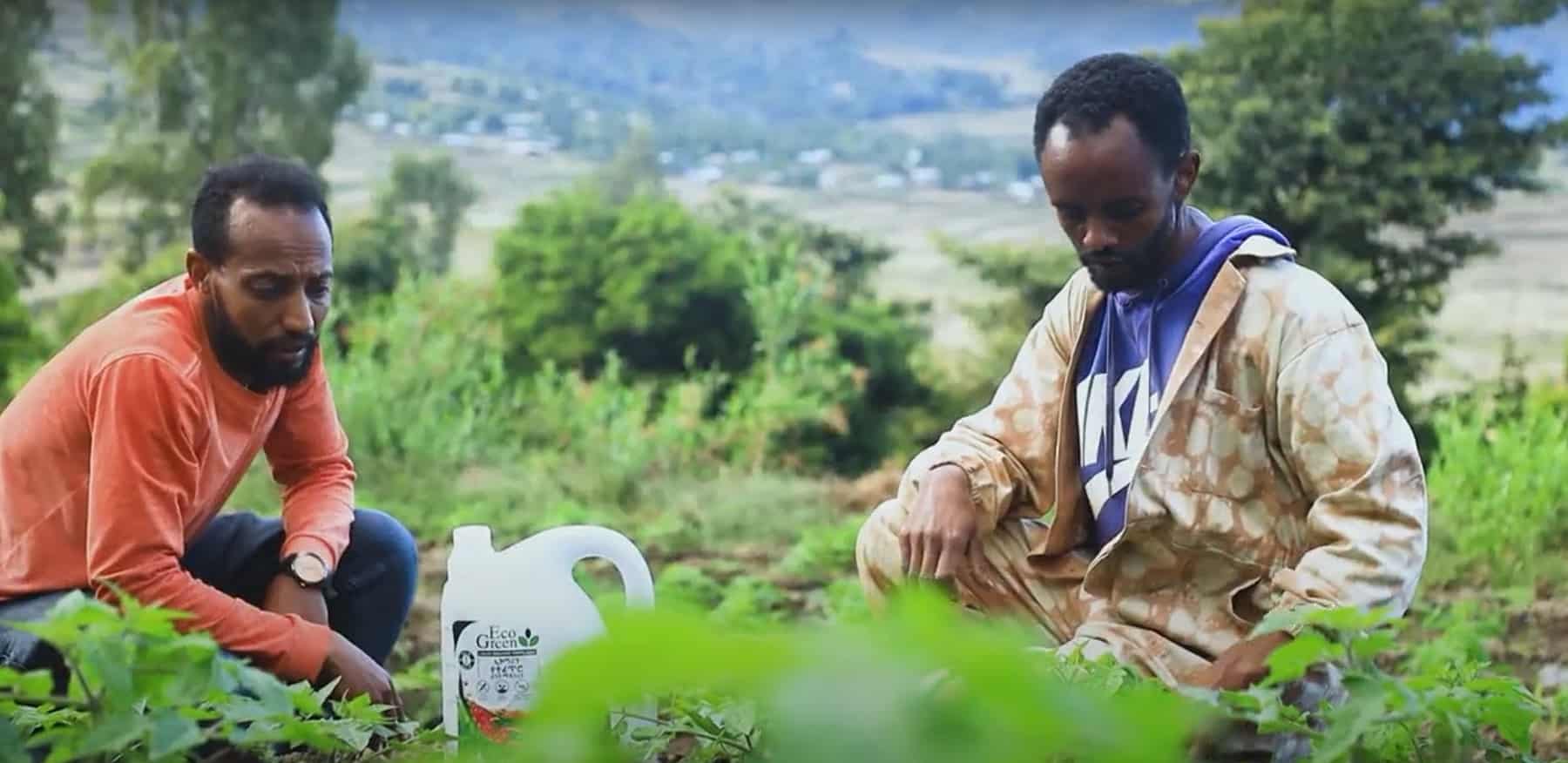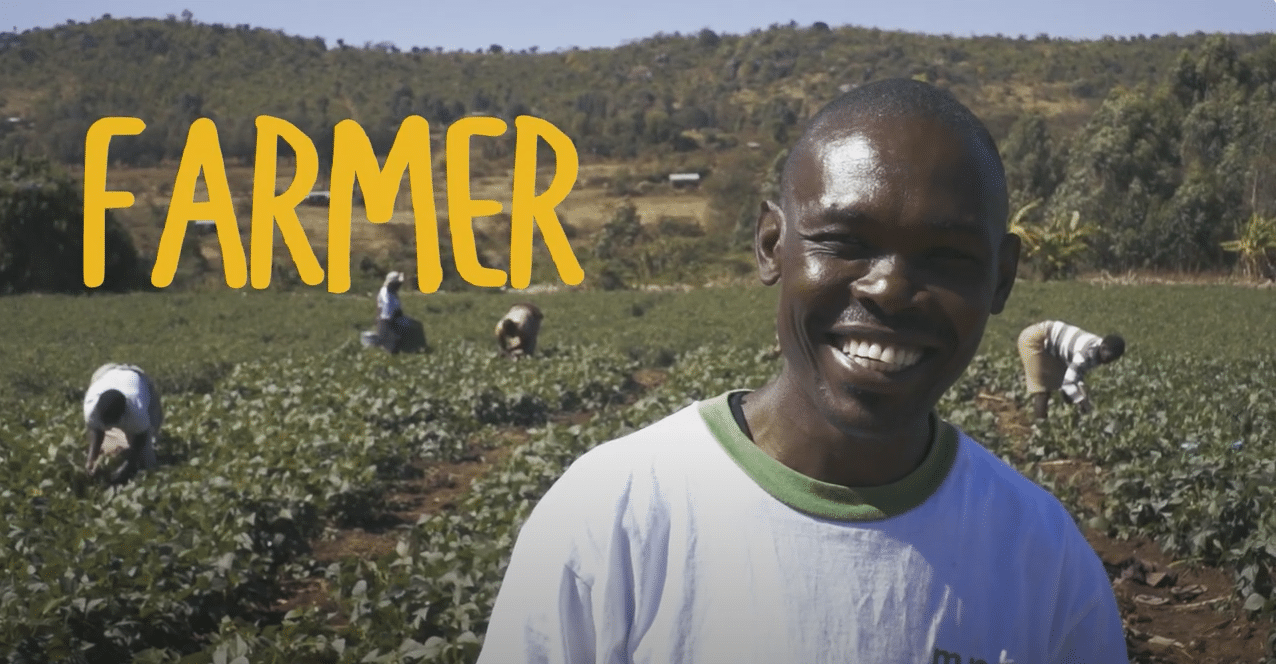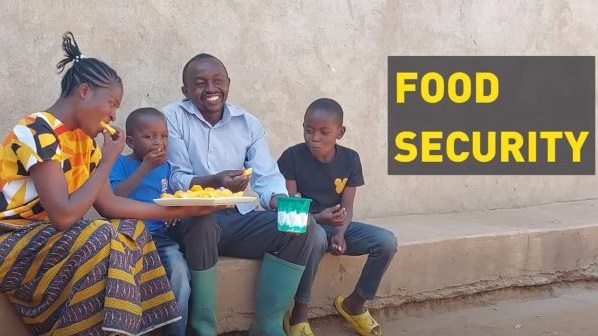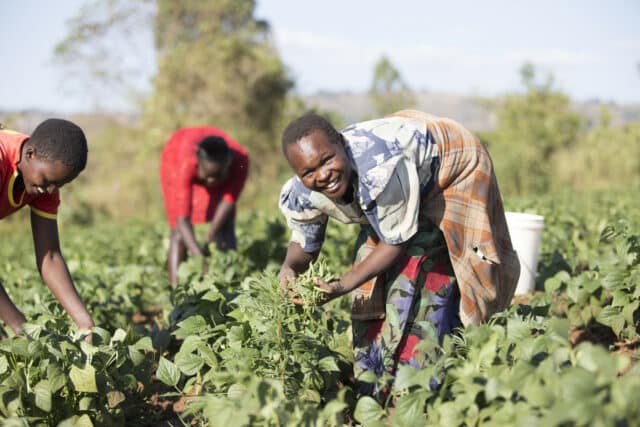The problem
Across eastern Africa, many farmers are unable to produce enough food to make a decent living.
Their yields are held back by challenges including degraded soil; climate extremes; lack of high-quality inputs such as improved seeds, fertilisers and animal feed; lack of mechanisation and limited knowledge of good agricultural practices.
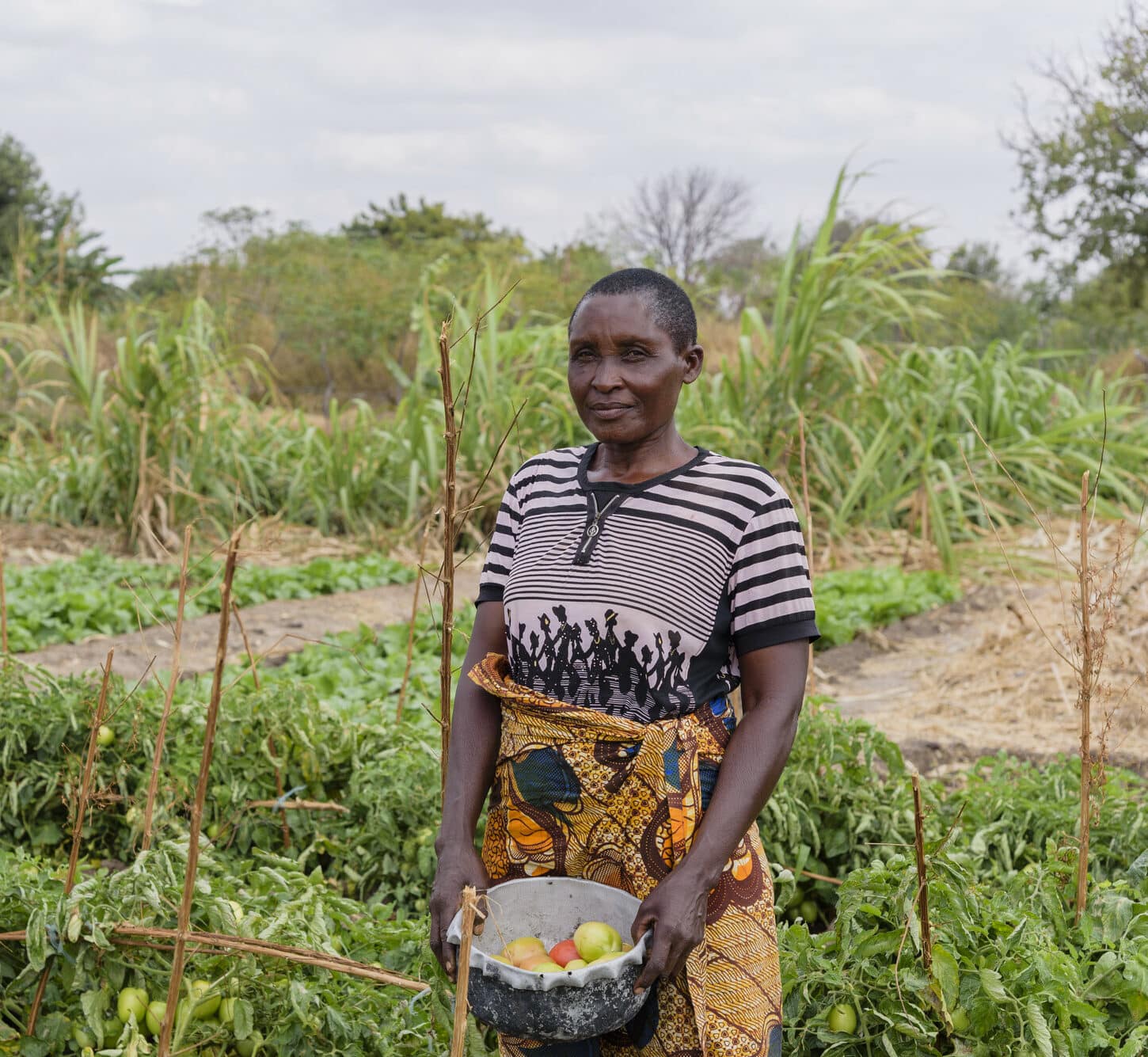
Source
https://news.un.org/en/story/2021/09/1101632
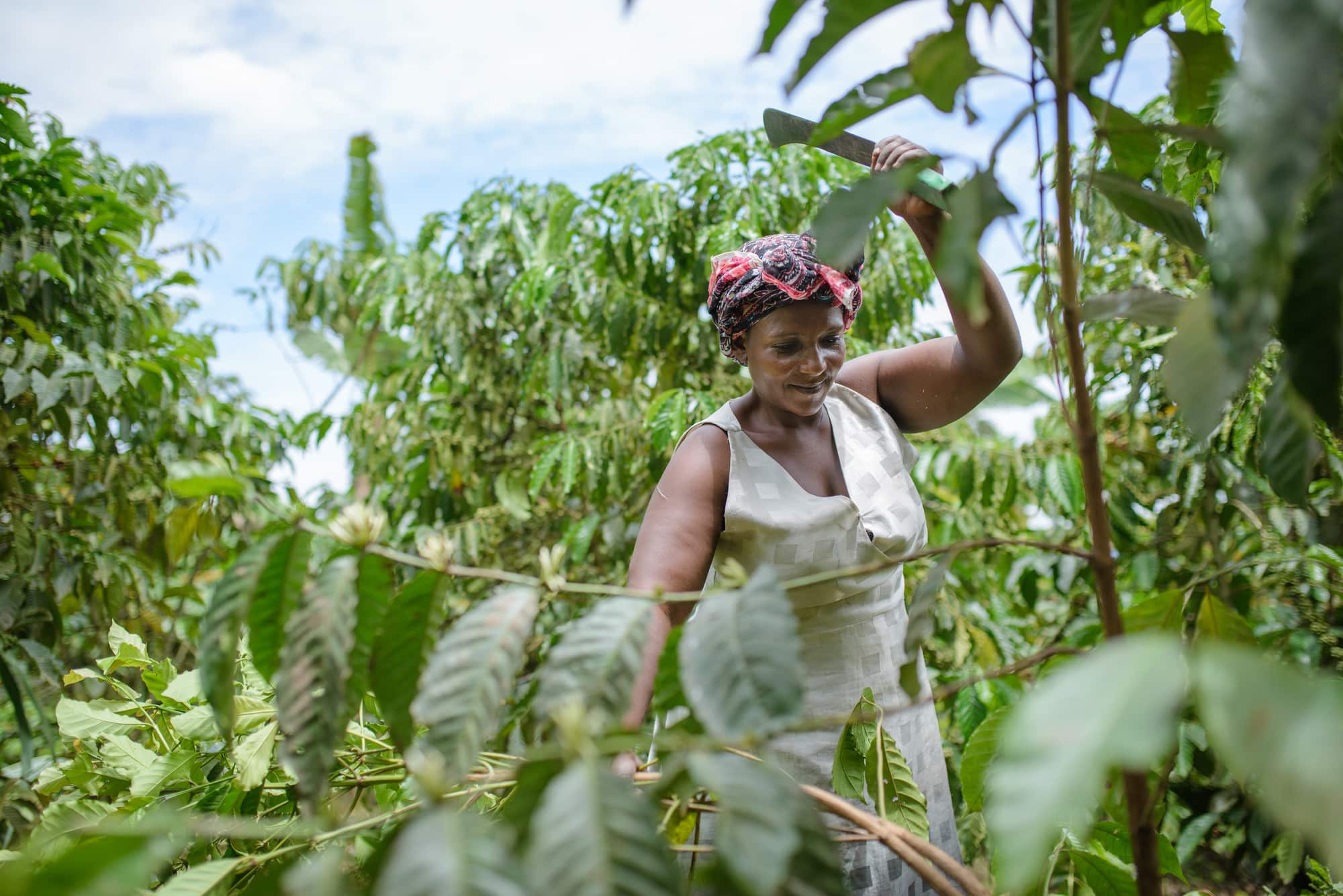
Unproductive farming doesn’t just mean low incomes, it damages wildlife and the environment too.
Farmers are clearing forests to try to push up yields by expanding the amount of land they farm on.
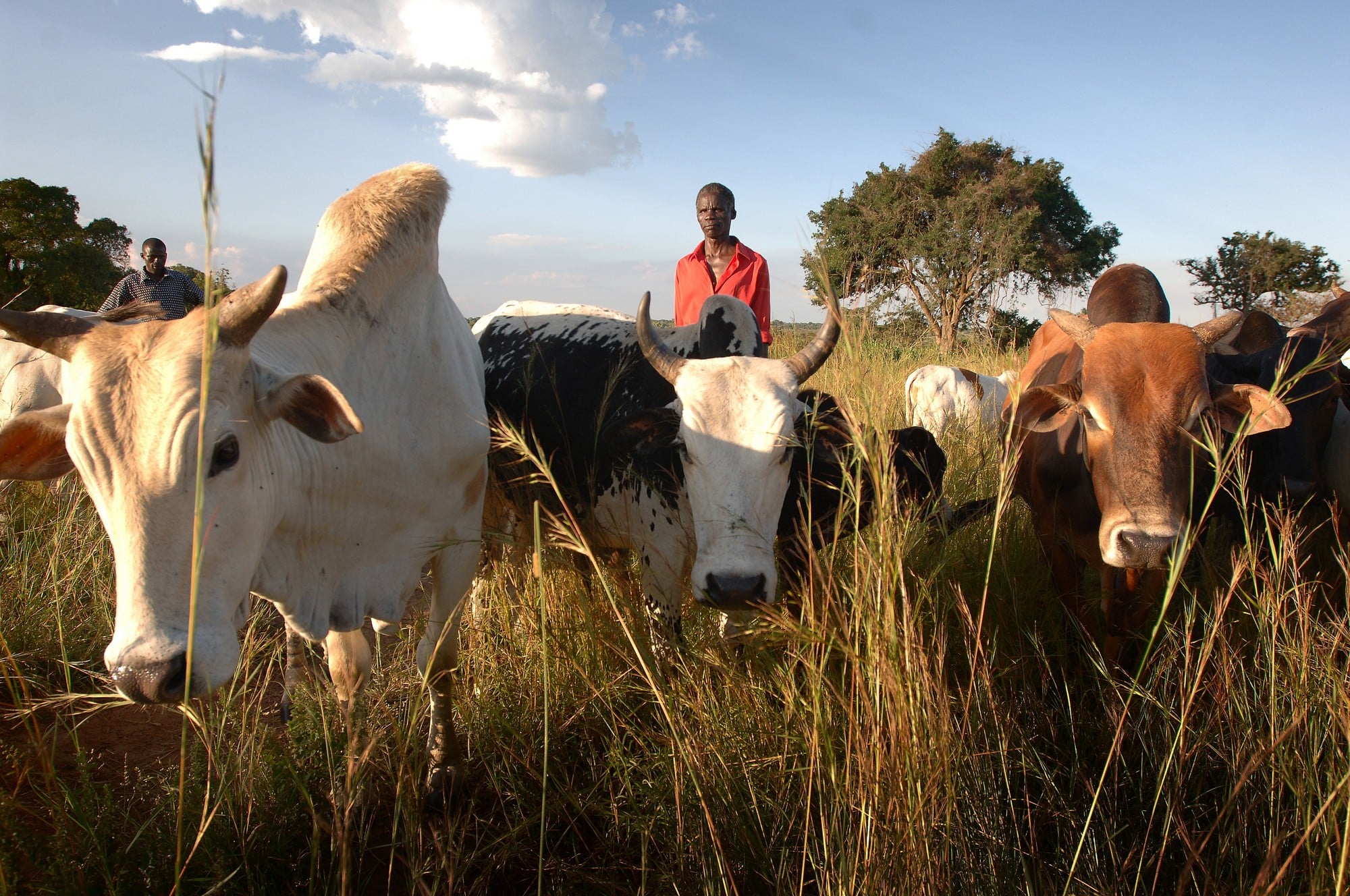
The opportunity
With knowledge of good agricultural practices, irrigation and access to high-quality inputs like improved seeds and fertilisers, farmers can double or triple their yields of crops without needing more land.
When livestock herders and small-scale farmers have access to animal health services, animal breeding services, water and quality animal feeds, they can produce more meat, fish, milk and eggs.
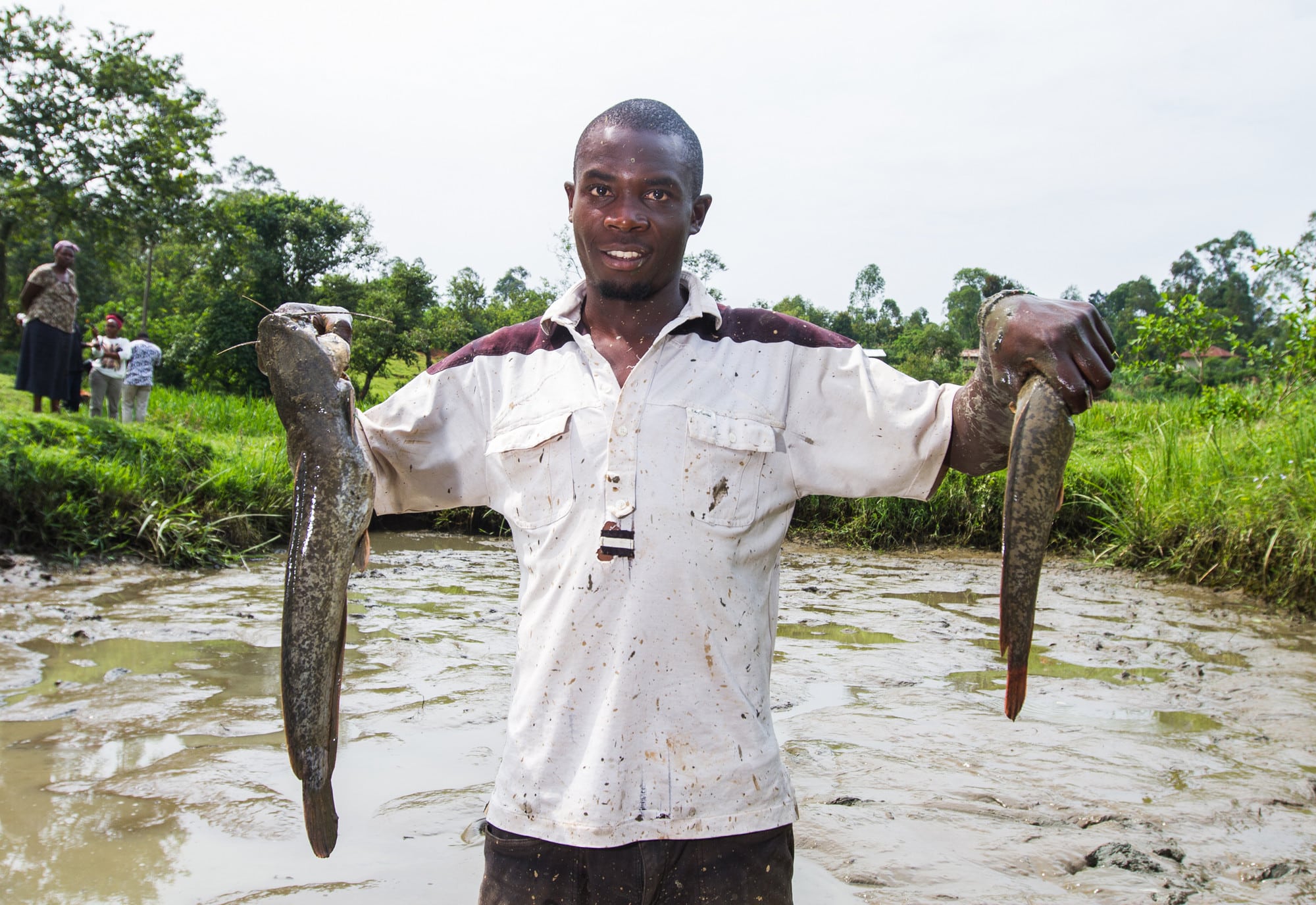
The outcome
When productivity increases, farmers can sell more food, earn more money and invest in their families’ futures.
Families’ nutrition can also improve when more healthy foods are available.
Boosting productivity also means less land is needed for farming. This reduces deforestation and degradation of rangelands.
Less habitat is lost so wildlife and biodiversity can be preserved.
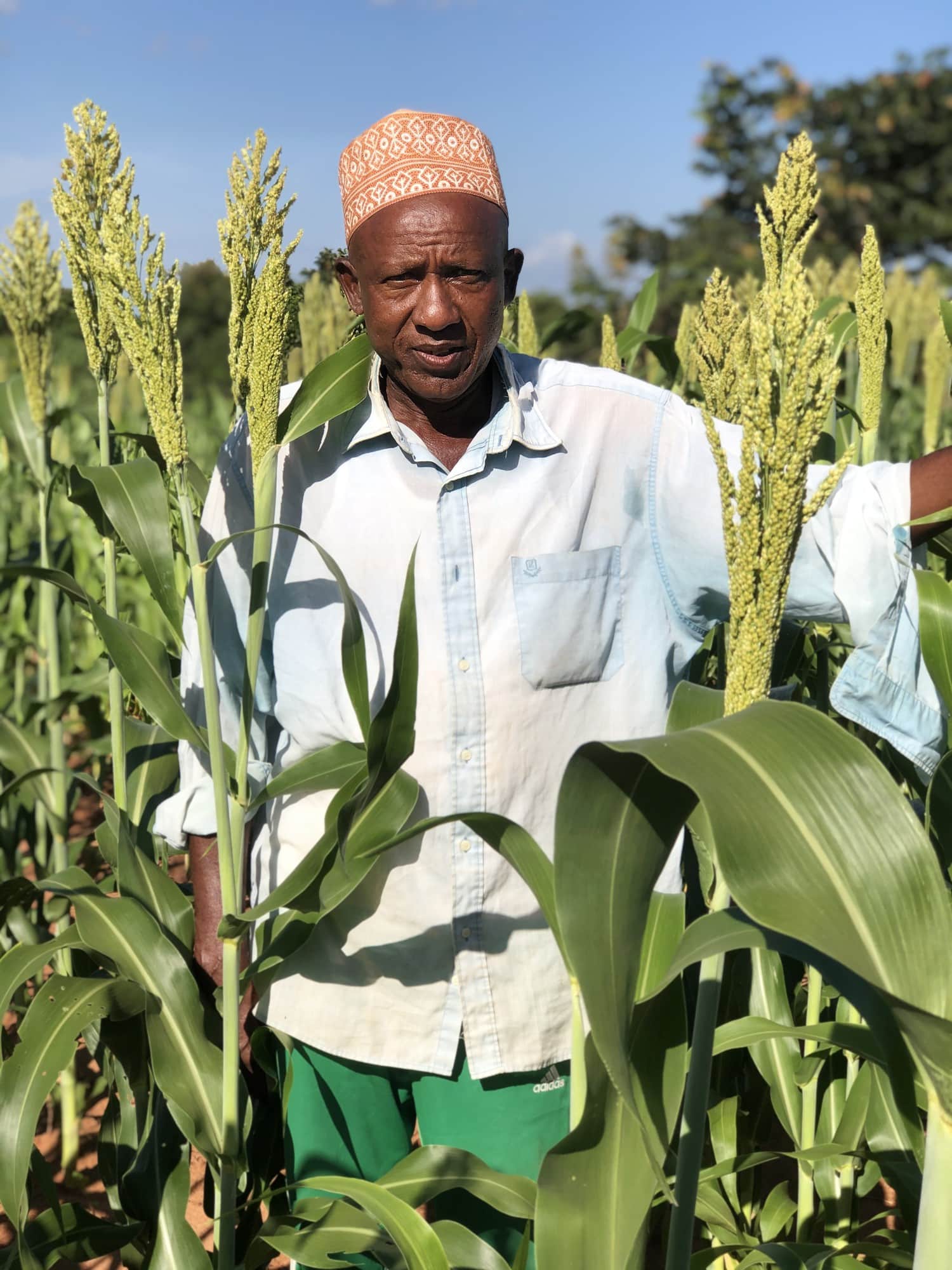
How we help farmers boost productivity
Farm Africa works with small-scale farmers to boost productivity on their farms in ways appropriate to the local context. These include:
- Promoting good agricultural practices that increase the fertility of soil. Agriculture practices such as mulching, organic composting and diverse cover crops build soil fertility and soil organic carbon stocks.
- Increasing farmers’ access to high-quality inputs such as improved seeds, fertilisers and animal feed. We support Village-Based Advisors, Farmer Training Centres and Farmer Service Centres, which sell inputs as well as give practical agronomic advice using demonstration plots on local farms.
- Making climate information readily available so farmers can make decisions based on accurate weather forecasts.
- Introducing mechanisation and expanding access to small-scale irrigation. Increasing farmers’ access to finance to buy inputs and invest in mechanisation.
- Building farmers’ links to profitable markets so they have an incentive to invest in boosting productivity.
- Training Community Animal Health Workers who offer advice and services such as vaccinations.
Watch
Related resources
Country
Kenya
Key focus areas
Boost productivity
Increase incomes
Strengthen food systems
The Village-Based Advisor (VBA) model
Agricultural extension services to farmers are vital for enhancing productivity and production of agricultural produce in Kenya. However, the ratio of agricultural extension workers to farmers stands at 1:5,000 compared to the recommended ratio of 1:400. This paper outlines how Farm Africa and AGRA are helping to plug this gap in Embu and Tharaka Nithi counties by creating a network of Village-based Advisors (VBAs) made up of well-informed, passionate farmers who receive specialised training to provide technical extension services, inputs and market linkages to other services to other farmers.
Download (4.21mb)
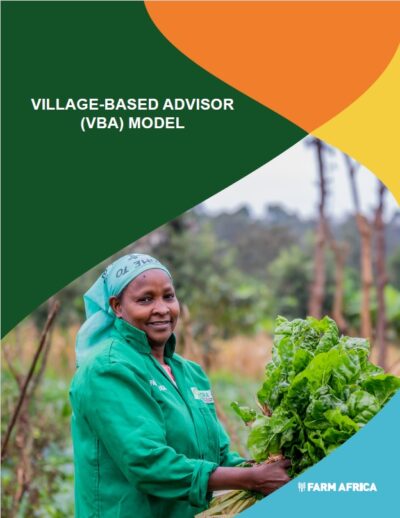
Country
Kenya
Key focus areas
Boost productivity
Increase incomes
Strengthen food systems
Country
Ethiopia
Key focus areas
Boost productivity
Increase incomes
Protect ecosystems
A greener future on a grand scale: a summary of the Bale Eco-region Phase II project
Ethiopia’s Bale Eco-region is an ecologically critical area and also home to many people who depend on its resources for their livelihood. Since 2014, Farm Africa has been leading a consortium to improve livelihoods in the region while ensuring the ecosystem is protected. The first phase of the project developed a management strategy for the region. Phase II (2019-2024), funded by the European Union, has scaled out the strategy to reach over 1.6 million people. This report summarises those Phase II activities and outcomes.
Download (3.96mb)
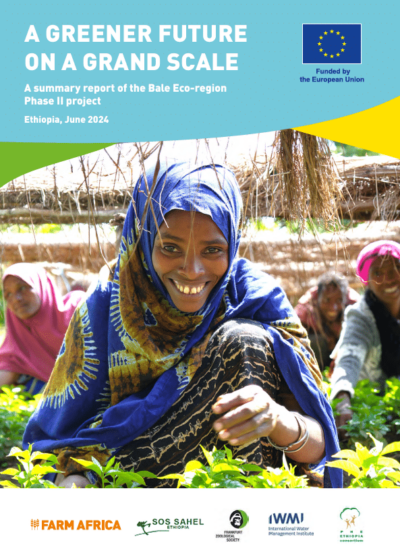
Country
Ethiopia
Key focus areas
Boost productivity
Increase incomes
Protect ecosystems
Country
Uganda
Key focus areas
Boost productivity
Connect farmers to markets
Empower women
Women’s economic empowerment in the coffee value chain in Kanungu district, Uganda
In September 2019, Farm Africa launched a project in Kanungu district aimed at empowering women in the coffee value chain. The project worked with communities to increase the incomes of 2,640 women coffee producers, strengthen their household decision-making power and increase access to resources, enhance the capacity of CGCs to ensure women can leverage market opportunities while also engaging local stakeholders to recognise and reward women’s participation within the coffee value chain.
Download (5.91mb)
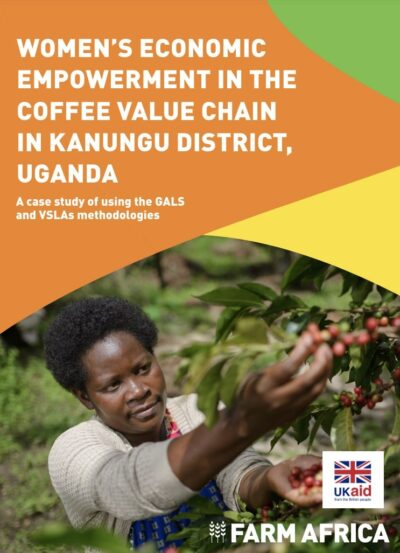
Country
Uganda
Key focus areas
Boost productivity
Connect farmers to markets
Empower women
Country
Kenya
Key focus areas
Act on climate change
Boost productivity
Increase food security and nutrition
Regenerative agriculture factsheet
A comprehensive overview of Farm Africa’s Regenerative Agriculture project in Embu and Tharaka-Nithi counties in Kenya, funded by the IKEA Foundation through AGRA.
Download (2.84mb)
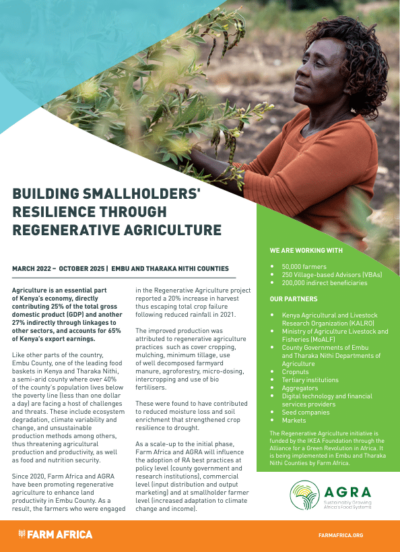
Country
Kenya
Key focus areas
Act on climate change
Boost productivity
Increase food security and nutrition
Country
Ethiopia
Key focus areas
Boost productivity
Connect farmers to markets
Quality Declared Seed
A report on various seed systems in eastern Africa and how a Quality Declared Seed (QDS) system can help farmers increase their yields and productivity, with case studies from Ethiopia, Tanzania and Uganda.
Download (2.59mb)
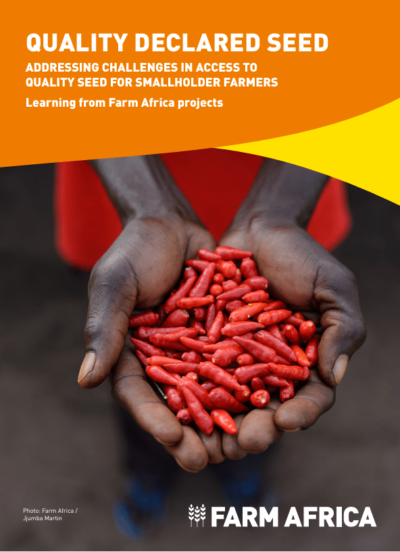
Country
Ethiopia
Key focus areas
Boost productivity
Connect farmers to markets
Country
Tanzania
Key focus areas
Act on climate change
Boost productivity
Connect farmers to markets
Tanzania sunflower market assessment 2022
A report on the state of Tanzania’s sunflower market and recommendations for smallholder farmers to increase their yields.
Download (1.12mb)
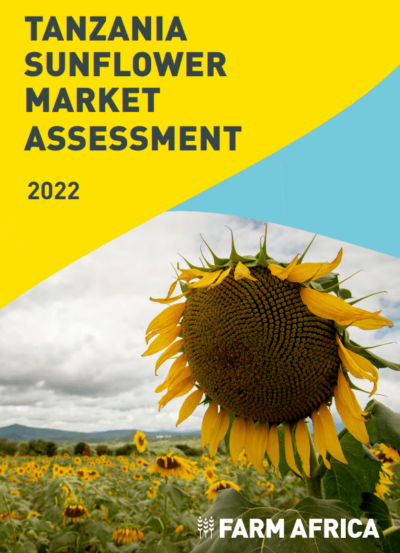
Country
Tanzania
Key focus areas
Act on climate change
Boost productivity
Connect farmers to markets
